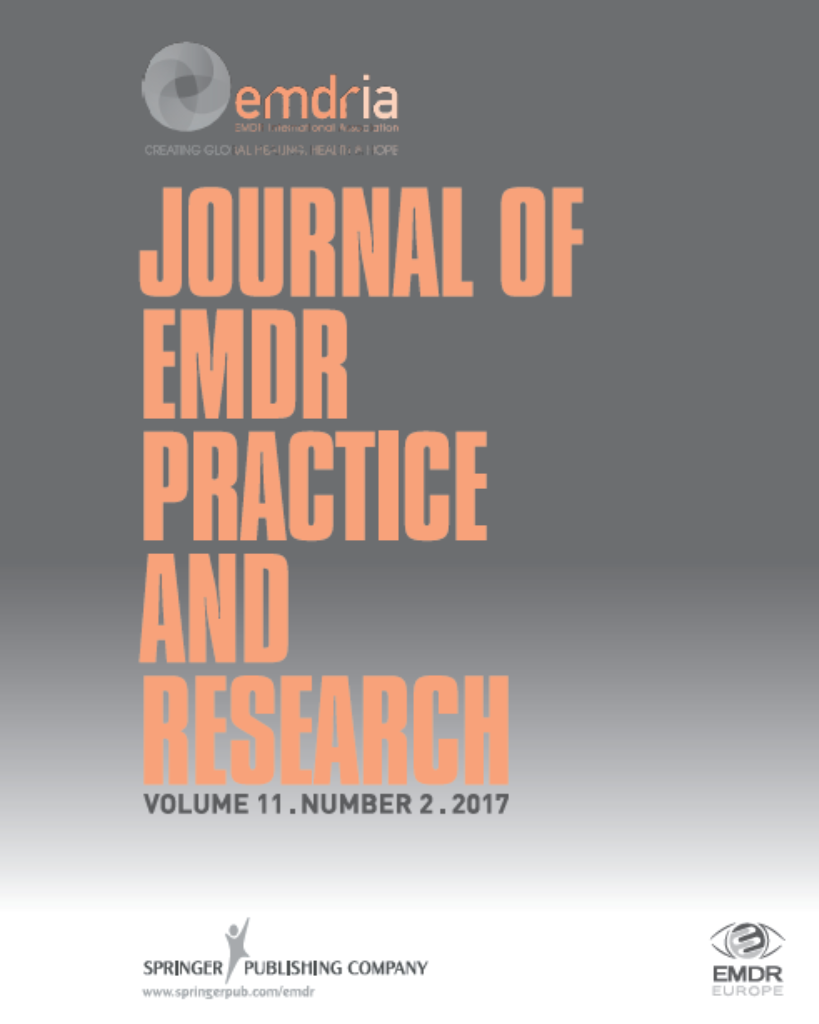EMDR-Based Interventions for Athletic Traumas: A Case Study of Two Female Golfers
This article by Alison Curdt, Psy.D., LMFT, LPCC and Brandon Eggleston discusses the possible benefit of using EMDR therapy in treating competitive state anxiety in two female golfers.
Article Abstract
“This article discusses the possible benefit of using eye movement desensitization and reprocessing (EMDR) therapy in treating competitive state anxiety in two female golfers. Golfers may encounter adverse events during performances, which trigger performance blocks, anxiety, and negative symptomology. Adverse events, or small-t traumas referred to as “athletic traumas” in this study, occurring during performances and processed maladaptively can be associated with increased levels of anxiety in addition to negative symptomology. This research utilized a qualitative method, a case study design, to evaluate if EMDR therapy was beneficial in reducing anxiety related to athletic traumas in two professional golfers. The participants received an EMDR-based intervention related to a designated athletic trauma and self-recorded anxiety levels using the competitive-state anxiety inventory. A key theme noted was the reduction of anxiety levels and subjective units of distress associated with the athletic traumas after the EMDR-based intervention. The result of the study suggests EMDR therapy as an intervention for golfers seeking relief from anxiety related to athletic traumas. Implications of this research provide clinicians with an additional intervention tool when working with athlete populations.”
—Description from publisher
Article Access
Open Access
Curdt, A., & Eggleston, B. (2023). EMDR-based interventions for athletic traumas: A case study of two female golfers. Journal of EMDR Practice and Research, 17(2), 70-82. https://doi.org/10.1891/EMDR-2022-0036
About the Journal
The Journal of EMDR Practice and Research is a peer-reviewed publication devoted to integrative, state-of-the-art papers about Eye Movement Desensitization and Reprocessing. It is a broadly conceived interdisciplinary journal that stimulates and communicates research and theory about EMDR, and their application to clinical practice. The Journal of EMDR Practice and Research is the Official Publication of the EMDR International Association.
This content is restricted for members only. Please log in or join EMDRIA.
Date
June 1, 2023
Creator(s)
Alison Curdt, Brandon Eggleston
Topics
Performance Enhancement
Client Population
Athletes
Extent
12 pages
Publisher
Springer Publishing Company
Rights
Copyright © 2023 EMDR International Association
APA Citation
Curdt, A., & Eggleston, B. (2023). EMDR-based interventions for athletic traumas: A case study of two female golfers. Journal of EMDR Practice and Research, 17(2), 70-82. https://doi.org/10.1891/EMDR-2022-0036
Series
17
Installment
2
Audience
EMDR Therapists
Language
English
Content Type
Peer-Reviewed
Original Source
Journal of EMDR Practice and Research
Access Type
Members Only





